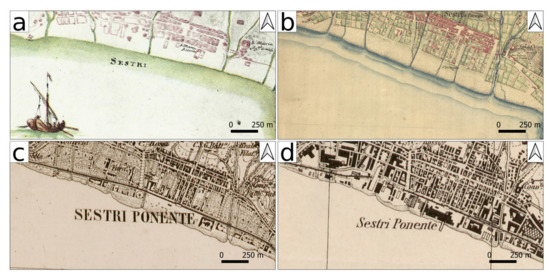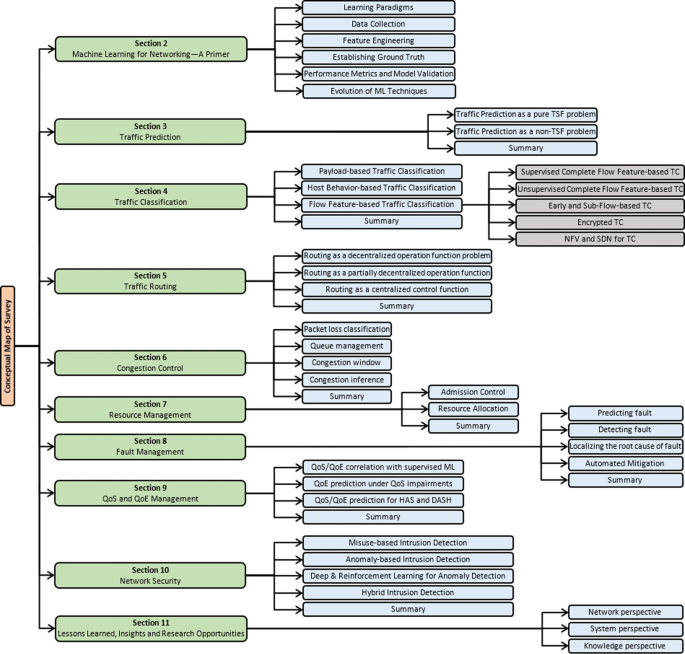

The transition to the oscillatory regime is accompanied by strongly enhanced local precipitation fluxes, a substantial increase in cloud cover, and a transiently positive (unstable) climate feedback parameter. Here we conduct simulations that explicitly resolve convection and find that lower-tropospheric radiative heating in hothouse climates causes the hydrologic cycle to shift from a quasi-steady regime to a ‘relaxation oscillator’ regime, in which precipitation occurs in short and intense outbursts separated by multi-day dry spells. Previous work has suggested that this could lead to temperature inversions and substantial changes in cloud cover 3, 4, 5, 6, but no previous modelling of the hothouse regime has resolved convective-scale turbulent air motions and cloud cover directly, thus leaving many questions about hothouse radiative heating unanswered. One distinguishing characteristic of hothouse climates is that they feature lower-tropospheric radiative heating, rather than cooling, due to the closing of the water vapour infrared window regions 2. Can China Lead? Reaching the Limits of Power and Growth. Harvard Business Review Press, 2014.Earth’s distant past and potentially its future include extremely warm ‘hothouse’ 1 climate states, but little is known about how the atmosphere behaves in such states. He was Guest Professor and Co-Director of Case Development at the School of Economics and Management, Tsinghua University, Beijing, China from 2011 to 2016. He served for over twenty years on hospital boards in Boston, including Chairman of the Mount Auburn Hospital. He served a three-year term as Senior Editor of the MIS Quarterly (1986-1988). He is editor of Information Systems Research Challenge, published by the Harvard Business School Press, 1984. "Working on Nonprofit Boards: Don't Assume the Shoe Fits" appeared in the November/December 1999 issue of the Harvard Business Review, and "Information Technology and the Board of Directors" with Professor Richard Nolan appeared in October 2005. Professor McFarlan's book, Creating Business Advantage in the Information Age, coauthored with Professors Lynda M. Seizing Strategic IT Advantage in China, coauthored with Professor Richard Nolan and Professor Guoqing Chen of Tsinghua University, appeared in 2003 (available only in Chinese). Corporate Information Strategy and Management: Text and Cases (seventh edition), coauthored with Professors Lynda M. Chinese General Management: Tsinghua-Harvard Text and Cases, coauthored with Professor Guoqing Chen, published by Tsinghua University Press, appeared in 2009. Epstein, appeared in March 2011, published by Jossey-Bass Division of John Wiley. Joining a Non-Profit Board: What You Need to Know, coauthored with Professor Marc J. Can China Lead? Reaching the Limits of Power and Growth, coauthored with Professors Regina M. Professor McFarlan’s newest book, Effective Fundraising: The Trustee’s Role and Beyond was published in March 2021 by John Wiley. He was Senior Associate Dean and Director of Research from 1991 to 1995, Senior Associate Dean and Director of External Relations from 1995-2000, and Senior Associate Dean and Director of Asia Pacific from 1999-2004.

He returned from Switzerland in 1975 to become Chairman of the Advanced Management Program, a position he held until 1978 and Chairman of all Executive Education Programs from 1977-1980.
#First computerized grid mapping system harvard 1966 full#
In 1973, shortly after his appointment to full professor he, along with four other faculty members, was sent to Switzerland to set up the School's International Senior Management Program. He has been a long-time teacher in the Advanced Management Program International Senior Managers Program Delivering Information Services Program, and several of the Social Sector programs. He is currently teaching in several short Executive Education programs.

He has had a significant role in introducing materials on Management Information Systems to all major programs at the Harvard Business School since the first course on the subject was offered in 1962. Professor McFarlan earned his AB from Harvard University in 1959, and his MBA and DBA from the Harvard Business School in 19 respectively.


 0 kommentar(er)
0 kommentar(er)
